Male chest reduction
Gynaecomastia is a hormonal imbalance which causes the harmless enlargement of male breast tissue. It is a common issue which affects at least 30% of men. As breasts are typically identified as feminine features, the presence of extra breast tissue on men can cause distress, anxiety and psychosocial discomfort. These concerns can be readily treated with surgery to enhance or improve appearance. Surgery can have a dramatic effect on confidence and improve well-being.
Anaesthetic
General
Op Time
90 minutes
Hospital Stay
1 night
Recovery
2-6 weeks
FAQ
What Happens During Male Chest Reduction?
The surgical options for gynaecomastia fit broadly into three categories: liposuction, gland excision or skin excision combined with gland excision.
Liposuction on its own is rarely effective for true gynaecomastia but may often be used in conjunction with the other techniques. Having said this, in a small number of cases it may be all that is required. It is important to have a proper assessment to help decide.
Gland excision can make a significant difference and the scarring made less visible as the incisions can often be placed within the nipple area. In some cases if there is a lot of tissue, skin may also need to be removed. This often results in either a circular scar around the nipple or possibly scars on the chest skin.
Am I A Suitable Candidate For Male Chest Reduction?
Some men have more naturally occurring breast tissue than others. Repeated periods of weight loss and weight gain can also cause the skin on the chest to become more pronounced. If this causes embarrassment or affects levels of self-esteem, you could be suitable for chest reduction surgery. Medical conditions and certain medication can also cause breast tissue to grow in which case it is best to consult your GP before going ahead with surgery. It is also important to be a healthy weight or close to your ideal weight when undergoing surgery.
How Long Will The Effects of Male Chest Reduction Surgery Last?
Gynaecomastia does not typically recur after corrective surgery. If there is significant weight gain and weight loss after surgery then this could instigate the presence of extra tissue. If the gynaecomastia arose from taking prescribed medication this could also cause the tissue to reappear- if you are taking medication it is important to discuss this with your GP before deciding on surgery.
How Long Does It Take To Recover?
You should allow up to three weeks to recover, however this is dependent on your lifestyle so you may be able to resume some activities sooner. Your surgeon will guide you in this respect. Swelling and bruising is to be expected and there will be minor discomfort but nothing so extreme that mild painkillers can’t manage. Together with your surgeon you will devise an aftercare plan which will cover every aspect of your recovery on an individual basis.
Make an enquiry
To make an enquiry or request an appointment, you can fill out the enquiry form with details of your request.
You can also contact Mr Mackey's Practice Manager, Michele on 01342 887 540 or email enquiry@simonmackey.com
MR SIMON MACKEY
popular treatments
contact
01342 887 540
enquiry@simonmackey.com
MR SIMON MACKEY
© 2021 Mackey Surgery Ltd Company No. 09463704
popular treatments
contact
01342 887 540
enquiry@simonmackey.com









